SuperFly
Starring: Trevor Jackson, Jason Mitchell, Michael K. Williams, Antwan “Big Boi” Patton, Lex Scott Davis
Directed by: Director X
Running Time: 1 hour, 56 minutes
Rated: R
(**)
In a sloppy freshman effort, music video maverick Director X makes his stumbled foray into feature film with the newly released remake of the 1970’s blaxploitation flick, SuperFly.
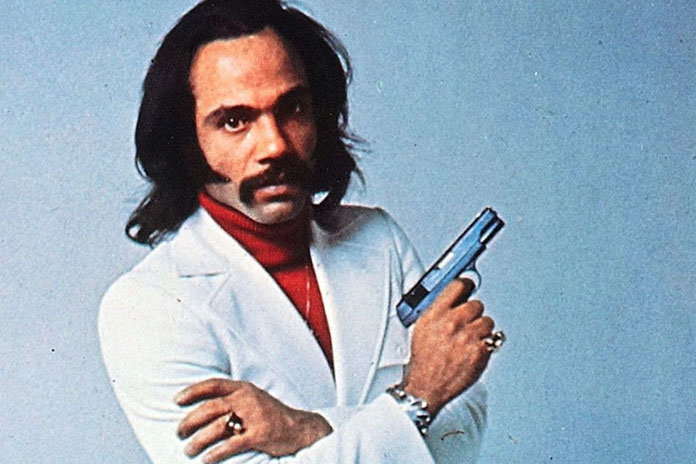
In this endeavor, X is out of his league, relying much too heavily upon what makes music videos, but not movies, memorable. While SuperFly offers plenty of “show”, there’s simply not enough “tell”.
Notwithstanding the music, wardrobe, fancy whips and “light-skinned” chicks, the film begs for a better written script, believable and more compelling acting, and restraint from its reliance on strip club and soft porn game.
The set-up is simple: Youngblood Priest, a handsome, charismatic, emerging Atlanta drug lord, wants to make one last score before getting out of the hustle for good. However, there’s nothing new or original about this story line. We’ve seen it too many times before, in films like Goodfellas and Scarface.
To say that this is a Black film, or that Atlanta instead of New York serves as its backdrop, misses the point. The film’s premise is borrowed and cheapens the watching experience for why we go to the movies: to see something we haven’t seen before, that for an hour and a half or so suspends our reality as we escape into a cinematic dream.
That being said, the protagonist Priest is the saving grace of SuperFly. Trevor Jackson, in a breakout role, provides this 2018 remake of the 1972 original with a “SuperSexy” performance. This young man has a command of his craft and plenty of strong screen presence.
With his signature permed doowop fade and chiseled features, he makes the case for his leading man being reminiscent of old school Black heart throbs like Richard Roundtree in Shaft and Billy Dee in Lady Sings The Blues. Jackson is the consummate “pretty bad boy” who is likely to steal the heart, imaginations and longings of sistahs, much like Terrence Howard in Malcolm Lee’s original The Best Man.
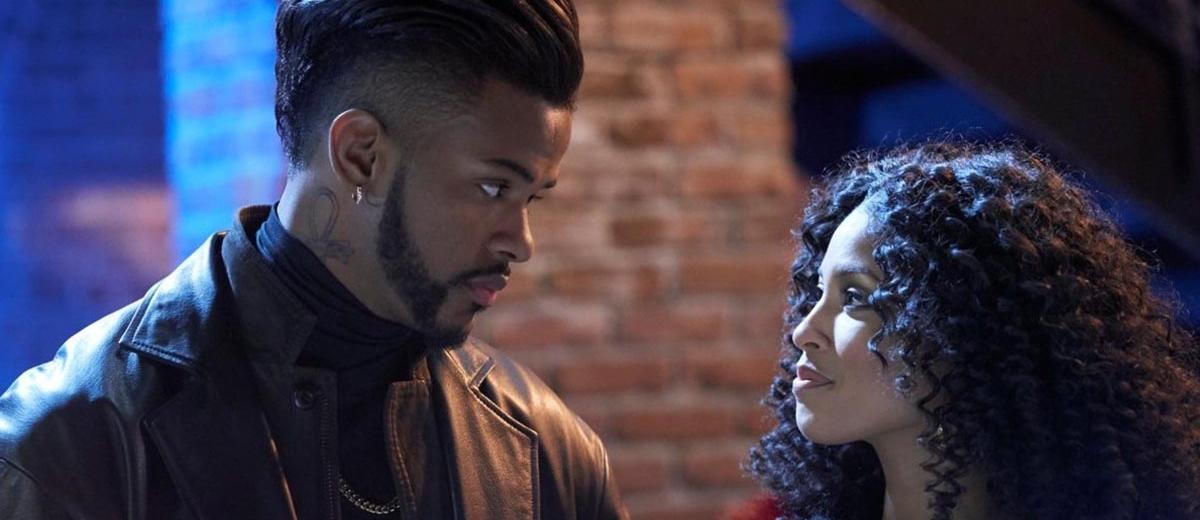
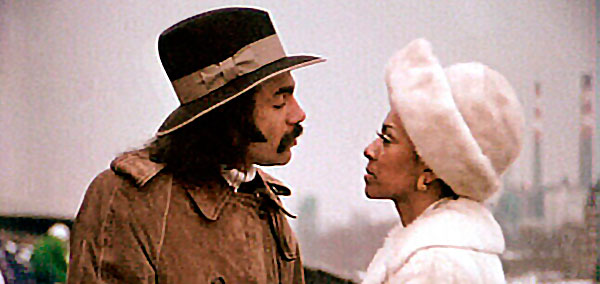
However, so much of what could have made this a better effort fails to be delivered. In particular, the supporting roles never give us what good and great films offer. Jason Mitchell, as Eddie, Youngblood Priest’s sidekick, is lackluster in his performance.
His character is one dimensional and underdeveloped. He never comes close to presenting a believable go-to opposite Jackson. The casting for SuperFly 2018 shows its poor quality in the choice of Mitchell for this role.
Eddie pales in comparison to Priest as they share screen time. Mitchell, perhaps, did not have enough time with the script or rehearsals with Director X and Jackson. Here, we find no G Money, as we did in New Jack City.
And as for supporting actresses, SuperFly offers two: a café au lait sister and a feisty Latina. Yet, aside from their strip club pursuits, they are not given adequate time in the film to establish their roles in the plot.
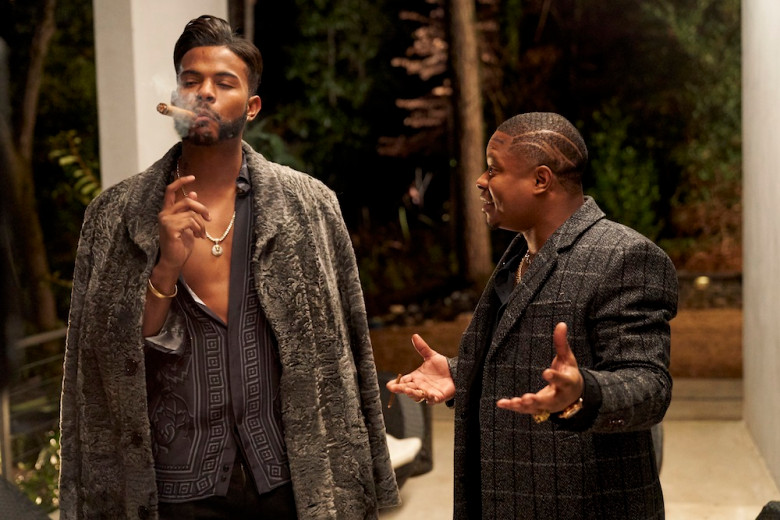
This is where the screenwriter and Director X exhibit their greatest lacking. Like in so many hip hop videos (Director X’s background), women are subjugated to being simply on-screen eye candy, present merely to give the look and feel of sex and power from the men they serve. In SuperFly, the tendency to rely upon this trite crutch is gratuitous.
Rounding out the story line is the Snow Patrol, a rival Atlanta drug ring that is fully adorned in white parkas, with white guns and white luxurious sports cars. Their leader is tricked out with gold teeth and drops paper with his boys at a strip club that could double as a booty-shakin’ circus. The plot of SuperFly revolves around this gang seeking revenge against Youngblood Priest’s operation.
Finally, the score for the remake of the ’70’s cult classic was farmed out to Future, who does a credible job of revamping maybe one of the most distinguished scores of the blaxploitation genre. This time around, it’s hip hop instead of Curtis Mayfield’s soul sound. However, Director X and Future make a great decision by not touching Mayfield’s theme song for the film. Here, both worlds – the ’70s and today’s millennials – meet.


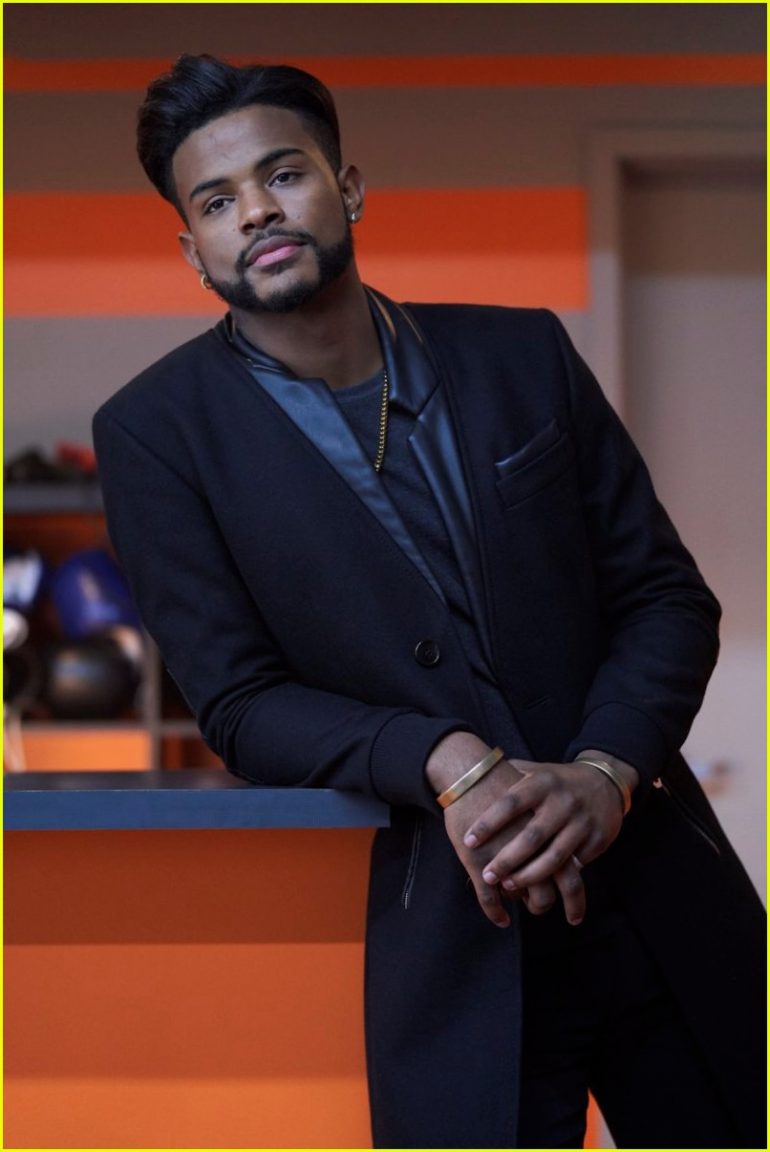




I thoroughly enjoyed reading this critique. The author’s writing style is simply effective. His phrasing relaxes the reader on a smooth soaring journey. Although his critique may dissuade some from viewing the film, I, on the other hand, am intrigued and anxious to watch the movie. I attribute that to the author’s power in forging a casual relationship between the reader and the film, while prompting the reader to personally confirm or deny the author’s assertions.
Glad you enjoyed his review.